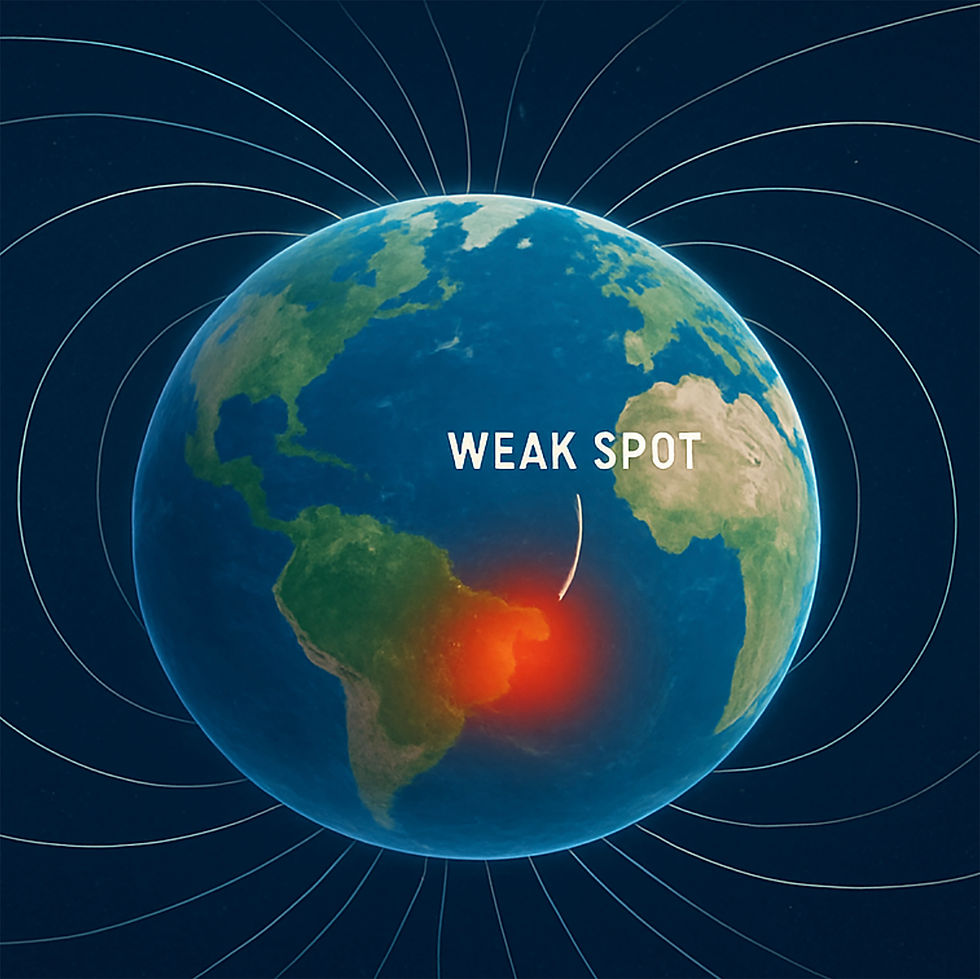Dismantling Progress: Climate science under siege (#260)
- Rick LeCouteur
- Feb 26, 2025
- 3 min read

The United States’ role in global climate leadership has oscillated dramatically in recent years, with each administration shaping policy in starkly different ways.
From 2020-24, the US made significant strides in addressing climate change, rejoining the Paris Agreement, investing in clean energy, and pushing for stronger environmental regulations.
However, in 2025 the new administration is swiftly moving to dismantle many of these achievements, going so far as to erase references to climate change from official government websites.
Silencing Science
One of the most alarming developments in this shift is the administration’s suppression of scientific research and global cooperation. This week, the US government escalated its attack on climate science by blocking a group of US scientists from attending a critical planning meeting of the Intergovernmental Panel on Climate Change (IPCC), the UN’s foremost climate science body.
A US State Department delegation will no longer attend the meeting, and NASA has cancelled funding for a team that was providing essential administrative and technical support for the IPCC’s climate assessment work.
The withdrawal of US expertise and financial backing
will have profound consequences.
These actions will severely impact the UN’s next major assessment of the climate crisis and could hinder global mitigation efforts. The US, historically a leader in climate science and policy, now risks becoming an obstructionist force in international discussions.
Implications for Climate Policy and Global Cooperation
The US administration’s moves are not just about policy shifts;
they represent an ideological war against climate science itself.
By gutting funding, sidelining experts, and actively removing references to climate change from official discourse, the US government is undermining the very foundation of informed decision-making.
This approach signals a dramatic reversal from the previous administration’s commitment to combating climate change. Previously, the US had prioritized green infrastructure, electric vehicle adoption, and carbon reduction goals. Now, with an administration that appears hostile to these efforts, the global community must prepare for potential setbacks in international climate negotiations.
Broader Impact on Climate Action
While other nations remain committed to tackling the climate crisis, the absence of the US from key discussions and funding initiatives could slow progress. The IPCC’s reports are the gold standard for global climate science, informing policy making worldwide. A weakened US presence in these efforts means fewer resources, less coordination, and a potential vacuum in leadership.
This raises concerns about whether other nations will follow suit, leading to a domino effect of inaction.
Rick’s Commentary
At a time when the world faces unprecedented climate challenges, including rising temperatures, extreme weather events, and biodiversity loss, the need for scientific integrity and international collaboration has never been greater.
The retreat of the US from these efforts is not just a domestic issue; it has global ramifications. The scientific community, policymakers, and concerned citizens must push back against these regressive policies to ensure that climate action remains a priority.
Our grandchildren cannot afford another lost decade
in the fight against climate change.
The question now is whether other nations will step up to fill the leadership void or whether the US will drag the world backward in the face of an escalating crisis.
The planet is speeding toward a fork in the road. We have no option to go straight ahead.
One way leads to a sustainable future, the other to catastrophe.
Will we turn toward responsible climate policies, protecting our planet for future generations?
Or will we swerve into the path of denial and greed, crashing into the irreversible consequences of inaction?
The choice is ours, but time is running out.




Comments